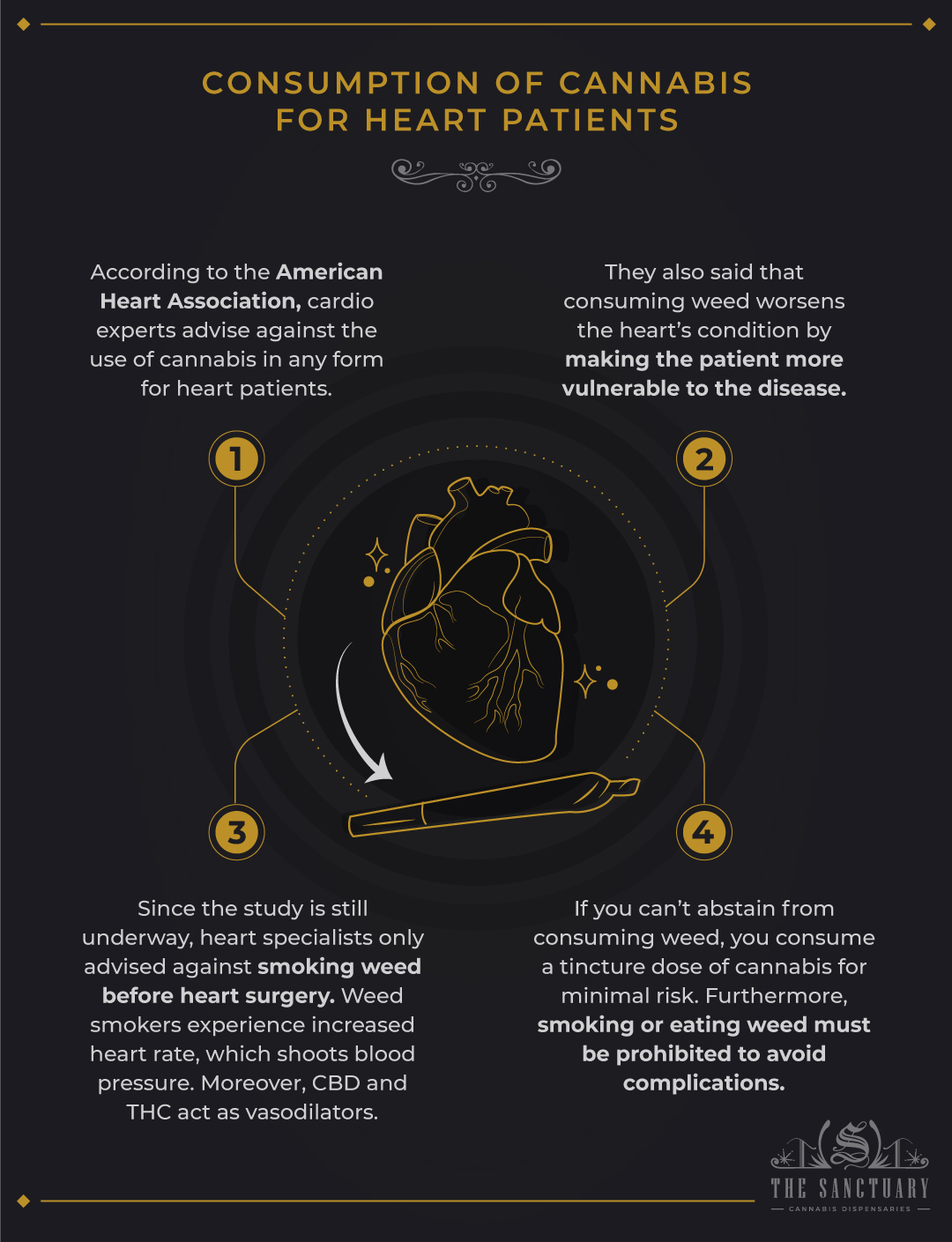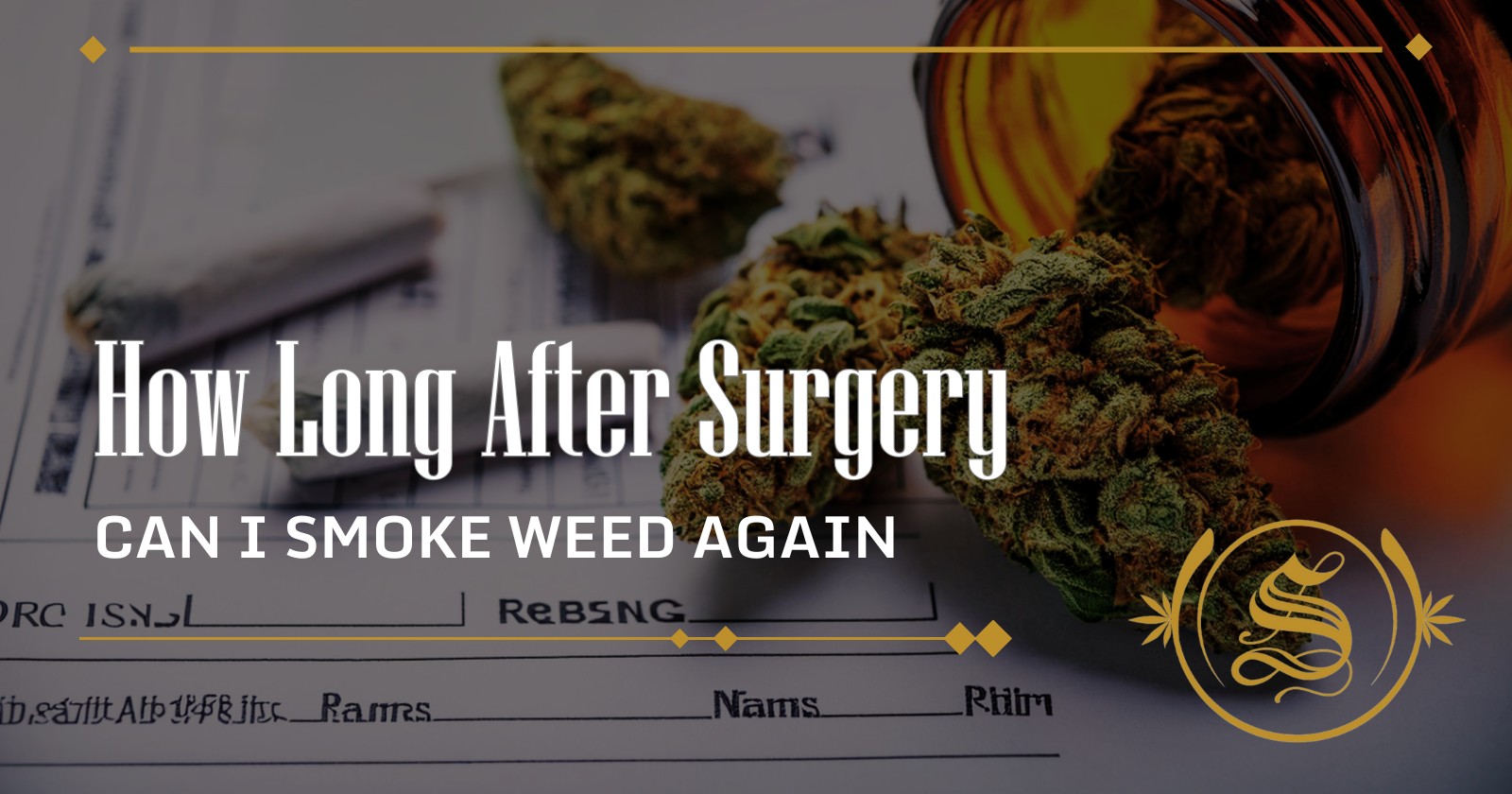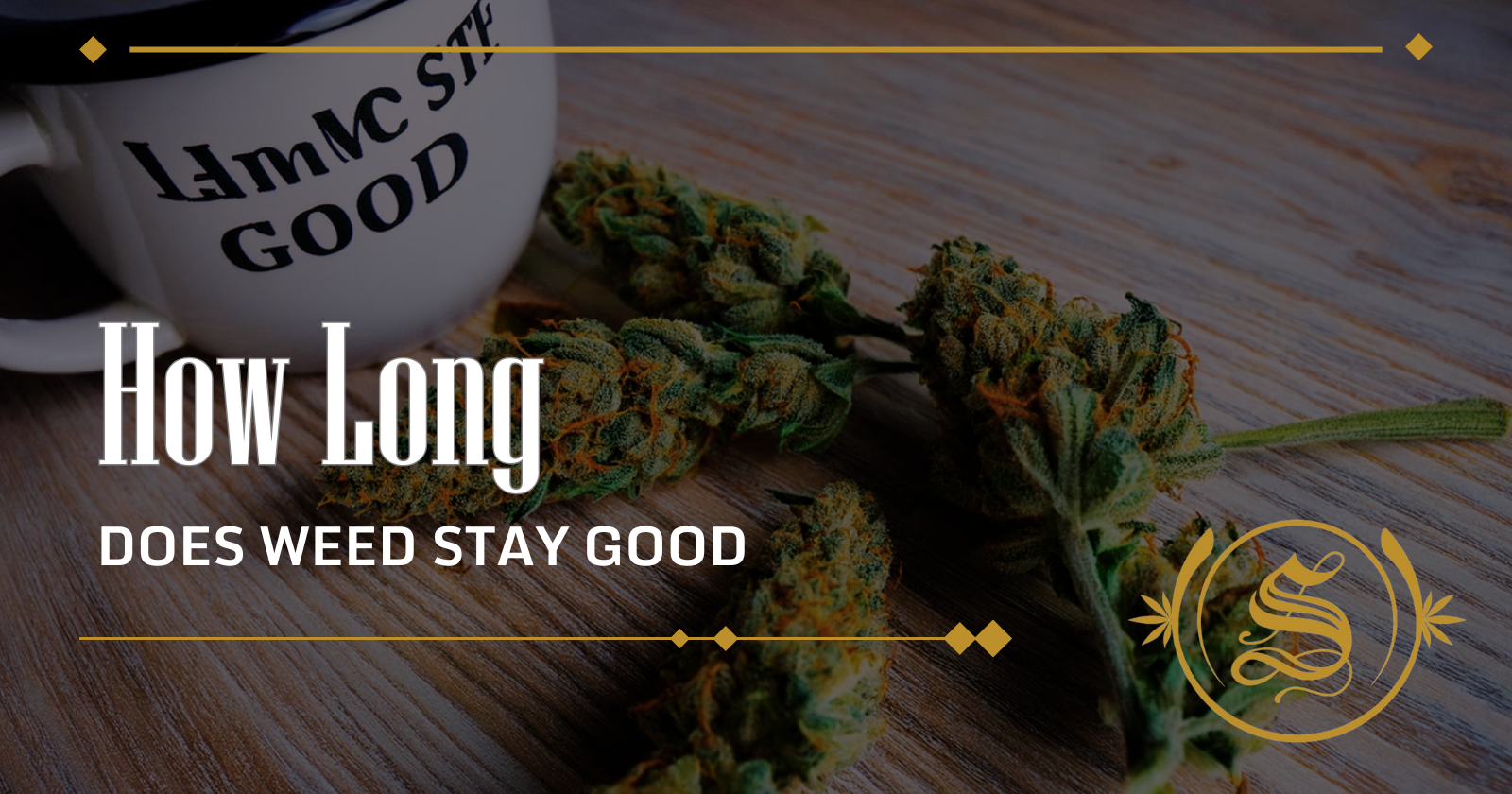Iftikhar Alam
Author
Reviewed by Cannabis Experts
Published on: April 17, 2023 | Updated on: September 11, 2024
The stoners’ community is always curious about when to smoke weed after surgery. Experts recommend you must never smoke after surgery as it can affect the recovery process even if you had a minor plastic surgery, it’s still not recommended to smoke. Since weed is a recreational drug, it disturbs your normal healing and might delay the process, leading to other complications.
These complications might include a risk of infection, abnormal digestion, painful recovery, and interference with the effects of the medicine.
So, the best way is to be patient for at least 24-48 hours no matter how minor the surgery is. After that, it’s better to consult your doctor and ask them whether you can consume marijuana or any other drug. They will guide you the best.
This article will give you a detailed analysis of the effect of weed on surgery. So let’s get started.
Smoking Weed Before Surgery
Note: we have a whole article about edibles with infographics about this topic. Click here to read it.
You must quit smoking weed weeks before the surgery if it’s a big one. For instance, if your surgery includes vital organs, such as the heart, lungs, or kidneys, you must stop consuming weed for months before the surgery.
First, smoking weed affects your health. The two cannabinoids, CBD and THC, affect your brain by reacting with the neurotransmitters. Besides, people who consume weed in higher quantities experience change in their physical health.
Second, smoking weed before surgery is never a good option if you already have a health condition. It only makes things worse for you. You might also experience other complications, such as fatigue and headache if you don’t stop consuming weed before surgery.
Moreover, consuming marijuana before surgery might interfere with the anesthesia. In that case, the doctor might give you a higher dose of sedation to make you unconscious for the surgery.
If you have hit a joint before surgery, detoxing from weed and informing the doctor about how you are feeling is mandatory. They might check your blood pressure to ensure whether you are ready for the surgery.
Risks of Smoking Weed Before Surgery
People who smoke weed before surgery need more recovery time. They also take longer to recover on ventilators because of their slow breathing. The effects cannabis consumers experience is similar to cigarette smokers. Therefore, they might suffer from the same post-surgery symptoms if they consume weed before surgery.
The most common risk associated with smoking weed before surgery is getting pneumonia, leading to airway obstruction. Another risk is the patient might overreact when given anesthesia because marijuana or THC tinctures relax the blood vessels, making the patient’s heart rate abnormal during surgery.
Many patients are anxious before the surgery and consume weed to remain calm. Although they temporarily get relaxed, their body becomes vulnerable to anesthetic and post-surgical effects. Therefore, never consume weed in any form before surgery to avoid the risks of surgical complications.
Smoking Weed After Surgery
No concrete evidence has been found of post-surgery marijuana consumption. However, consuming weed after surgery has several pros and cons.
A study was conducted at the Imperial College of London, which showed the pain-relieving nature of marijuana after surgery. Extract of cannabis was given to 65 patients to observe their reaction. As a result, a higher dosage of marijuana provided greater pain relief.
On the other hand, consuming weed after surgery can lead to harmful effects. For instance, the following reactions might worsen the post-surgery condition in a patient:
- Nausea
- Coughing
- Change in heart rate
These effects can harm the surgical area and might lead to life-threatening conditions. Therefore, consult your doctor when you can smoke weed after surgery.
Risks of Smoking Weed After Surgery
In non-invasive surgeries, smoking weed might not be as harmful as in invasive surgeries. The reason being your body loses its strength during surgery due to the invasive approach. Moreover, anesthesia plays an important role in preparing your body for surgery.
In non-invasive surgeries, doctors use laser or other technologies to treat the illness rather than cutting a body part. You might also be given a small dose of anesthesia which lasts not longer than an hour.
But smoking weed after a non-invasive surgery is never recommended due to other complications.
On the other hand, invasive surgeries make your body highly vulnerable to infections and other post-surgical complications. If you smoke weed after the invasive surgery, you might suffer from severe harmful effects.
For example, the common risk of smoking weed after an invasive surgery is coughing and nausea, which might open the stitches in your body. You would need immediate medical assistance if the surgery was on a vital organ.
Benefits of Medical Cannabis After Surgery
The analgesic property of cannabis or weed makes it useful after surgeries. This property refers to the pain relief patients experience after consuming cannabis. However, the consumption and reactions depend on the type of surgery and the patient’s condition.
If you crave a weed joint after the surgery, the best way is to be patient and ask the doctor. Chances are they will suggest you not smoke weed for at least 24 hours after the surgery.
Consumption of Cannabis for Heart Patients

According to the American Heart Association, cardio experts advise against the use of cannabis in any form for heart patients. They also said that consuming weed worsens the heart’s condition by making the patient more vulnerable to the disease.
Since the study is still underway, heart specialists only advised against smoking weed before heart surgery. Weed smokers experience increased heart rate, which shoots blood pressure. Moreover, CBD and THC act as vasodilators (elements that dilate blood vessels), making the blood pressure abnormal during the surgery.
If you can’t abstain from consuming weed, you consume a tincture dose of cannabis for minimal risk. Furthermore, smoking or eating weed must be prohibited to avoid complications.
Conclusion
Smoking weed before or after the surgery is never a good option. It leads to post-surgical complications. Moreover, the anesthetic effect might also react with the consumed cannabis, delaying recovery.
So, doctors never recommend inhaling and ingesting weed before or after the surgery. But you have the option to use THC tincture to fulfill your craving in a small amount.
Sources
Footnotes
- Copeland-Halperin LR, Herrera-Gomez LC, LaPier JR, Shank N, Shin JH. The effects of Cannabis: implications for the surgical patient. Plastic and Reconstructive Surgery–Global Open. 2021;9(3):e3448.
- Hermann PC, Webler M, Bornemann R, Jansen TR, Rommelspacher Y, Sander K, Roessler PP, Frey SP, Pflugmacher R. Influence of smoking on spinal fusion after spondylodesis surgery: a comparative clinical study. Technology and Health Care. 2016;24(5):737-44.
- Bakshi C, Barrett AM. Impact of recreational and medicinal marijuana on surgical patients: a review. The American Journal of Surgery. 2019;217(4):783-6.
- Lu YH, Mahajan L, Rudy H, Yan Y, Ricci JA. The Impact of Marijuana Use on Postoperative Outcomes in Abdominal-based Free Flap Breast Reconstruction. Journal of reconstructive microsurgery. 2024.
- Famiglietti A, Memoli JW, Khaitan PG. Therapeutic Application of Cannabis in Medicine and Its Relevance to Thoracic Surgery. The Annals of Thoracic Surgery. 2021;112(2):665-71.
References
- Cannabis use shows substantial risks, no benefits for cardiovascular health; more research is critical. The American Heart Association. Accessed 4/11/2024.
- Cannabis and Surgery. American Society of Anesthesiologists. Accessed 4/11/2024.
- Marijuana and Surgery. American College of Surgeons. Accessed 4/11/2024.
The content provided on this blog is for informational purposes only and does not constitute medical, legal, or professional advice. Cannabis use is subject to local laws and regulations, which vary widely by jurisdiction. Always consult with a healthcare professional before starting any new treatment or altering an existing treatment regimen. The authors and publishers of this blog are not responsible for any actions taken based on the information provided herein. Use cannabis responsibly and in accordance with applicable laws. This blog is intended for adults aged 21 and over. The Sanctuary Dispensaries D186, D187.








